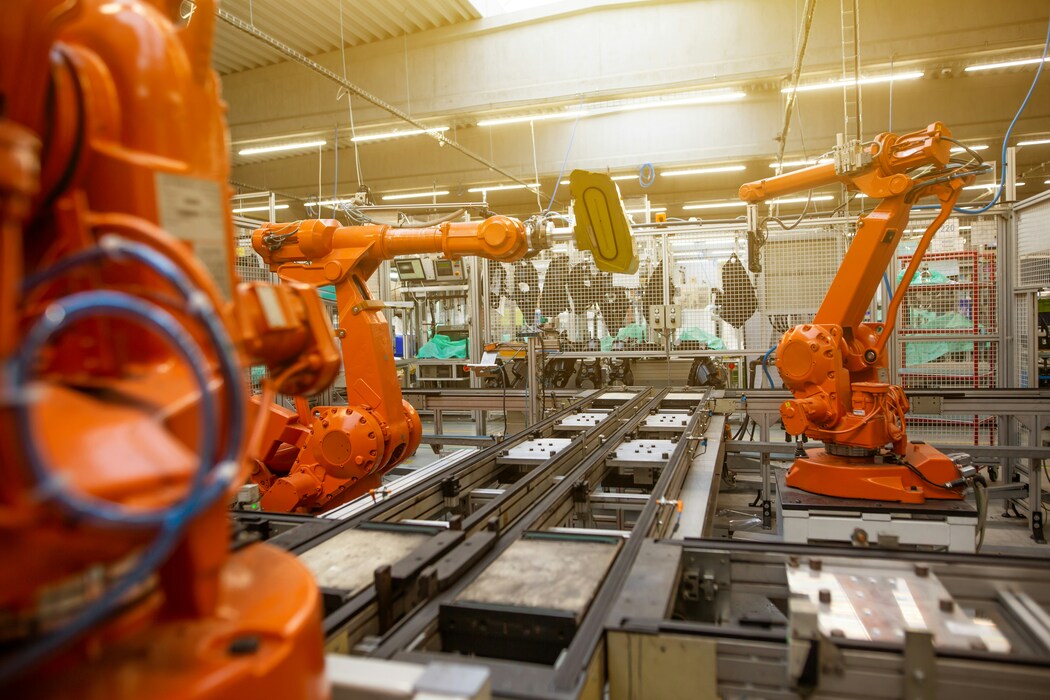
Xaba, a Toronto-based startup developing AI-powered control systems for industrial robots, has raised an additional $8 million CAD ($6 million USD) in a seed extension round to expand its low-code robotics platform.
The funding was led by Hitachi Ventures, with support from Hazelview Ventures, BDC Capital, Exposition Ventures, and Impact Venture Capital. This brings Xaba’s total raised to $8 million USD.
Smarter Robots Through AI and Low-Code Interfaces
At the core of Xaba’s technology is its belief that industrial robots need more than just rigid programming—they need contextual awareness. CEO and founder Massimiliano Moruzzi describes Xaba’s AI system as providing robots with “synthetic brains”, allowing them to understand their own mechanical makeup and execute complex tasks with minimal human input.
Xaba’s flagship products, xCognition and PLCfy, allow users to program robots using natural language instructions. These systems then automatically generate the necessary code, streamlining tasks like welding, 3D printing, aluminum casting, and robotic drilling.
Solving a Key Bottleneck in Automation
According to Moruzzi, most industrial robots today are sold with little understanding of their own hardware capabilities—making them inefficient and slow to adapt to different use cases. Xaba’s AI solves this by integrating a graph-based neural network that helps robots learn from experience and improve performance over time.
“Our tech gives robots self-awareness and the ability to adapt without needing constant reprogramming,” said Moruzzi.
A Timely Solution Amid Global Trade Tensions
As Canada navigates ongoing tariff uncertainties and manufacturing challenges, Xaba’s tech could play a pivotal role in reshoring operations and boosting domestic productivity. While only 8.4% of Canadian manufacturers had adopted robotics as of 2022, those who had saw significantly improved efficiency, according to Statistics Canada.
Xaba’s goal is to make automation accessible even to smaller manufacturers, eliminating the need for highly specialized programmers and enabling upskilling of existing workers instead of replacing them.
Growing Global Demand
Despite the Canadian focus, Xaba has already landed clients overseas, including U.S.-based Fives and Italian industrial firm LEAS SPA. Its software is designed to work with a wide variety of robotic hardware, giving the company flexibility regardless of supply chain origin.
What’s Next?
The company plans to use the funding to scale its team (currently 24 employees), enhance its platform, and expand its market reach. While the company hasn’t disclosed its valuation, it did report a six-figure annual recurring revenue.
With growing global interest in intelligent robotics and manufacturing automation, Xaba is well-positioned to help redefine the next generation of smart factories.


